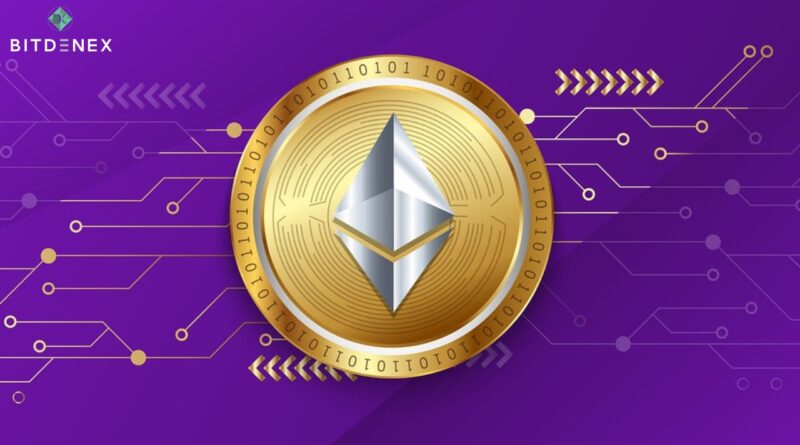Matter Labs co-founder proposes ‘Ethereum(ETH) Supreme Court’ for on-chain disputes
The crypto entrepreneur believes it will frighten off undesirable actors and boost the condition of the Ethereum network. Matter Labs co-founder and CEO Alex Gluchowski has proposed an Ethereum court system resembling a hierarchical court system comparable to the real world. Gluchowski proposed an “Ethereum Supreme Court” in a Sept. 2 post on X (Twitter), which would function similarly to the United States Supreme Court, serving as a final stop for parties to dispute innovative contract issues rather than having to take matters to a traditional lawyer or court. “An important function of such a system would be to protect protocols from outside political interference.” It will act as a strong deterrent and enhance the role of Ethereum as a powerful network state,” stated Gluchowski.
Disputes and emergency upgrades, according to Gluchowski’s notion, would be addressed by a hierarchical system of on-chain tribunals. However, the final stop would be an Ethereum layer-1 soft split as the “Court of Final Appeal.” According to Gluchowski, in this system, each protocol would have its own governance with regular and emergency upgrading processes, as well as a specific contract that may trigger an appeal. When a protocol is upgraded in an emergency, there is an appeal period during which any user can file a challenge with a higher court. They will, however, be required to post a predetermined bail deposit.
Protocols such as Aave and Uniswap would argue topics before a court such as CourtUnchained or JusticeDAO as an example of the court hierarchy. Following the rulings of those courts, a party may appeal to the Ethereum Supreme Court. However, Gluchowski admitted that the on-chain court system would require a strong social agreement to function.
He noted that it would be costly, so only “truly extraordinary” situations would be heard before it. Gluchowski acknowledged that there are various existing remedies to such issues, but claimed that they are ineffective.
Enabling time-locked features on smart contracts, for example, is not appropriate in emergency scenarios, and installing a security council can lessen the problem but not eliminate it while introducing its own hazards. “The security council could only freeze the contract temporarily, requiring token governance approval for an emergency upgrade.” “However, a malicious majority of uncollateralized stakes could now perform an evil take-over upgrade and steal all the assets,” he explained. Gluchowski stated that he and the team at zkSync, Matter Labs’ Ethereum layer 2 scaling solution, will gladly fund a study into the concept.
Buy and sell crypto in minutes with 0.20% trading fees at Bitdenex Exchange

